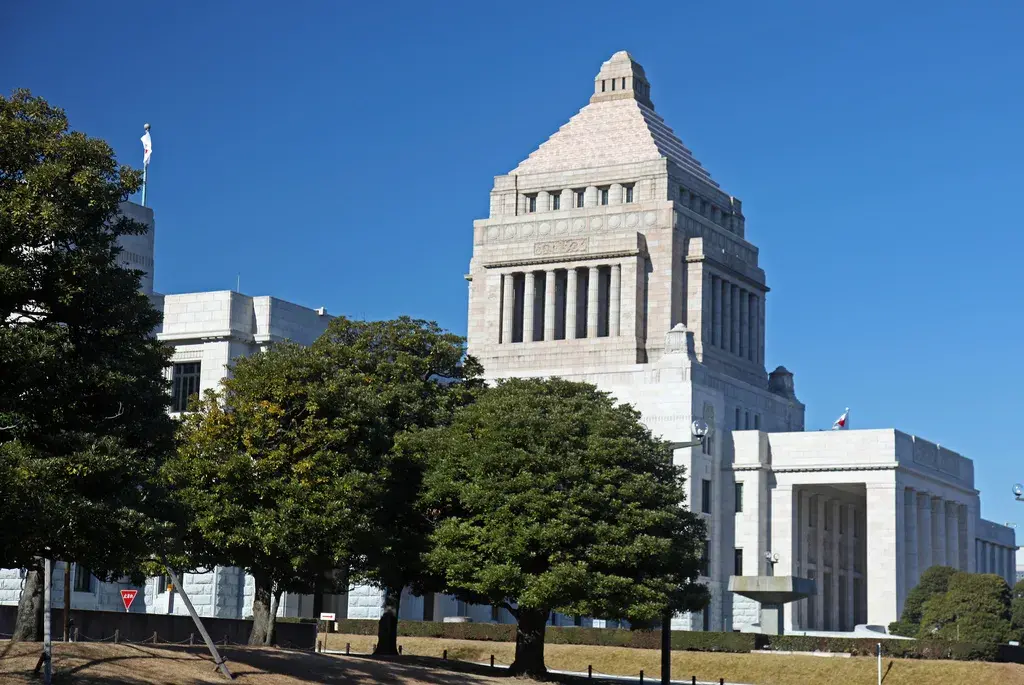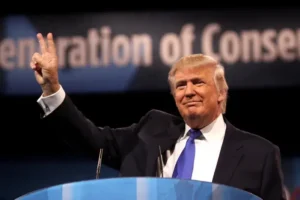Tokyo prosecutors apprehended Yoshitaka Ikeda, a member of the ruling Liberal Democratic Party (LDP), over suspected breaches in political donation reporting laws, marking a critical juncture in a sprawling fundraising scandal.

Yoshitaka Ikeda, a member of Japan’s lower house of parliament from the ruling Liberal Democratic Party (LDP), was apprehended by Tokyo prosecutors, as reported by Azernews, citing foreign sources.
Ikeda, affiliated with former Prime Minister Shinzo Abe’s faction, faces suspicion of breaching income-receiving laws tied to political donations. His policy secretary, Kazuhiro Kakinuma, aged 45, also faces arrest. The allegations revolve around their failure to disclose funds obtained by Ikeda in political fundraising reports.
Prime Minister Fumio Kishida responded to Ikeda’s arrest with grave concern, emphasizing the severity of the incident. Media accounts indicate that last year, numerous LDP lawmakers, predominantly from the Abe faction, were accused of systematically omitting approximately 600 million yen (about $4.15 million) in funds from reports, potentially violating campaign and election statutes. These funds are suspected to have flowed into unmonitored slush funds.
In a bid to contain the scandal’s impact on his party and authority, Kishida replaced four Cabinet ministers linked to the controversy in December.
This arrest marks a prominent development in the “kickback scandal,” a term coined by Japanese media, focusing on illicit income from political donations without complying with reporting regulations. The scandal has prompted substantial government and LDP leadership reorganizations while eroding public trust in the government.
At the heart of the issue lies fundraising activities through gatherings and events where attendees, often business figures, purchase tickets, effectively donating funds. These collections should be disclosed and reflected in financial records. The LDP’s factions dictate fundraising benchmarks based on a politician’s status, experience, and influence.
However, allegations suggest that in certain instances, politicians garnered more funds from such events than the internally stipulated party norm. The controversy revolves around the surplus funds above the established benchmarks, believed to have been redirected to certain politicians as kickbacks, potentially serving as undisclosed political resources.







